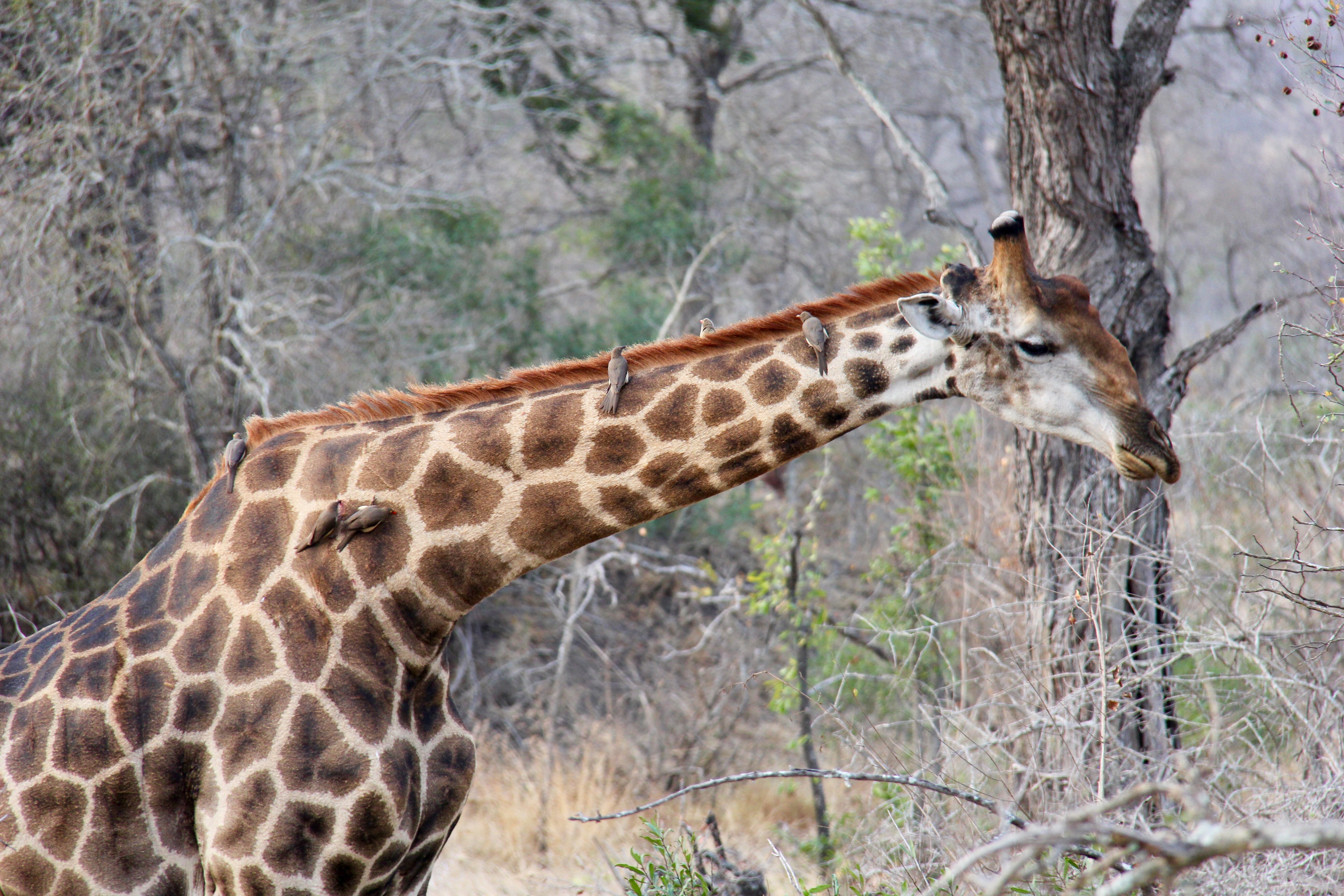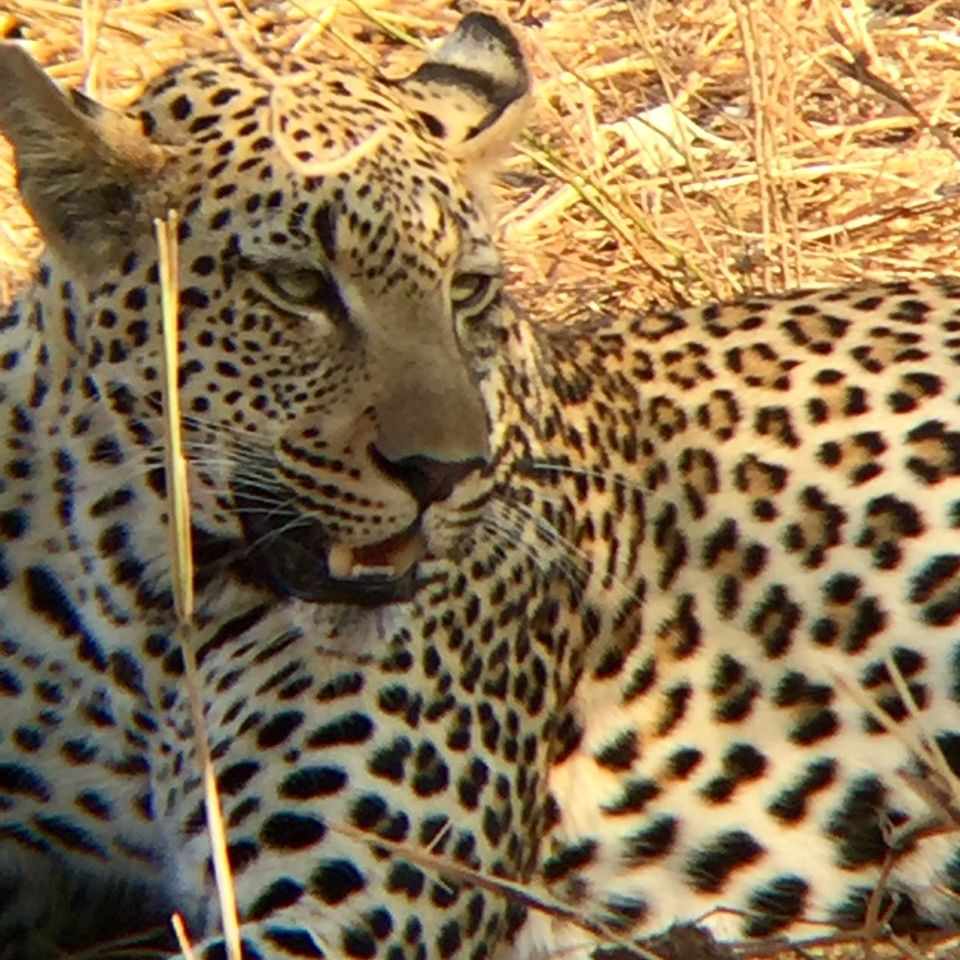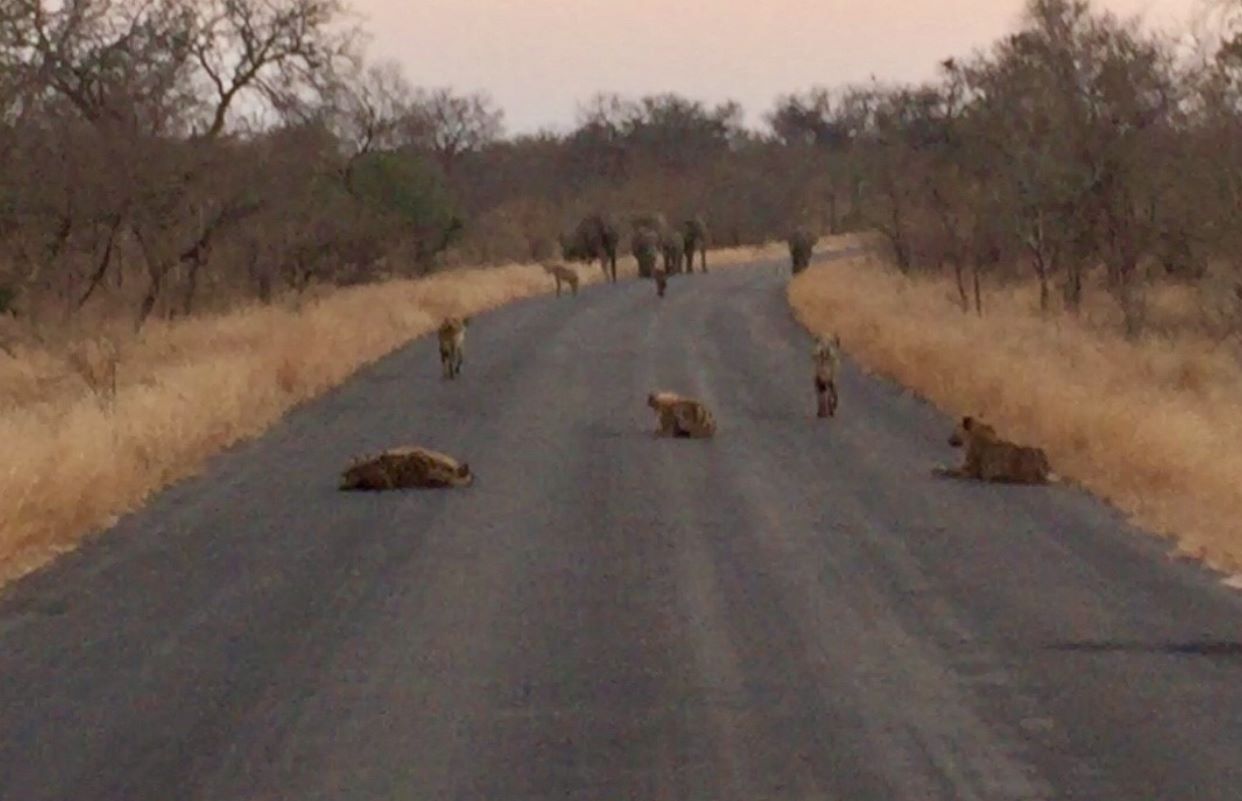I’m in the Kruger National Park in South Africa during a short holiday and as I watch an unlucky buffalo being eaten by 14 lions, I’m reminded of how stark the laws of nature can be. There’s no room for sentiment: Eat, avoid being eaten and protect the next generation – that’s it. The rules are clear and breaking them usually means death.
It made me wonder whether we – as human animals – are a little too smart for our own good. Maybe applying the rules of nature would make life not only simpler, but also more successful.
Five rules of nature that may be worth following :
- Create symbiotic relationships
The buffalo, giraffe, hippo and most large grazers allow the oxpecker to peck the ticks off their bodies. It’s often humorous to watch them as they peck the ticks from all parts including around their eyes. But it’s necessary and both parties benefit. The oxpecker gets the ticks; the larger animal gets cleaned of parasites.
Zebras and wildebeest hand around together – wildebeest eat long grass and zebras short. Vultures will often follow predators around waiting for them to make a kill. Almost every species (including fish) rely on their relationship with another for their survival.
The Masai tribe in Kenya have worked out how to create a symbiotic relationship with lions. They sometimes find a pride of lions, follow them around waiting for a kill. Then, using body language, they confidently stride towards the pride chasing the lions away and taking some of the food.
Unfortunately we humans often try to do everything by ourselves. We end up competing rather than complementing each other. Status anxiety, ego and fear often get in the way.
- Don’t take risk you don’t understand.
In a vehicle, it’s easy to get quite close to a lion, leopard or any predator. We were literally less than five meters from a leopard as we watched it stalking its prey. In a vehicle behind us someone opened their door to get a better look – the leopard was gone in a flash.
The slightest unexpected movement is a risk to avoid. The leopard prefers to control risk, have a relatively low success rate but no losses. They cannot afford an injury (no hospitals in the bush!) so they just don’t take any risks they don’t understand.
Animals accept that they will not be successful most of the time but above all, they avoid bad decisions. Human animals often take risks they don’t understand both for fear of missing out (FOMO) and because they just don’t really assess the risk. Humans often suffer from the scarcity belief – ‘this is a unique opportunity’ – whereas there are always opportunities around the corner. Animals are able to delay gratification.
- Don’t protect the weak
One morning as we drove down a road, we came across 3 hyenas. There seemed to have been some commotion just before we got there and these three looked like trouble-makers. They just seemed very cocky.
Another 200m further and about 30m off the road we found a lioness with five cubs probably about 3 months old. All lying down and panting. Soon, the mother got up and started walking away. They all followed except one, a male. As he struggled to his feet to try to go with mum, we noticed he had a lot of blood on his back leg. He had been bitten and was limping badly.
Mum had to do what she could to protect the others from the marauding hyenas so she kept going.
Only the strong survive in the animal kingdom but in the human kingdom, governments and others step in far too often to protect the weak when bad investments are made. No doubt, we should protect those who can’t protect themselves – but not investors who made bad decisions often based on greed or ignorance.
Animals will eat themselves to a standstill, but they do so because they don’t know where the next meal is coming and they accept that they may have to go hungry if they can’t find a meal. Some human animals overspend knowing they will face a problem in the long-term – but still do it.
It’s a tricky problem but by protecting everyone, even those who could’ve done better, we weaken everyone over the long-term.
- Play to your strengths
We saw one leopard that had killed an impala and had taken it up a tree that was not only high off the ground but was also at a 45-degree angle. Not a normal tree for a leopard but it was a clear demonstration of how strong they are in the climb. That meal was never going to be under threat. Lions are strategic, cheetahs use their speed and hyenas their courage and group power. Each focuses on their strengths and doesn’t try to be the other.
Humans suffer from status anxiety and the fear of missing out which results in very few knowing or sticking to their strengths. Few will stick to what they know best – many will want a ‘piece of the action’.
Find your asset accumulation strength – saving, taking risk or a particular type of investment, and then stick to it if it works.
- Avoid waste
Four days before we arrived at the camp a hyena had come charging through the site and killed a kudu right next to the dining area. Apparently an hour later the last hyena left the scene with the last bone and there was literally nothing left. Whilst driving around the bush in Africa, you just don’t see meat left on the bone with nobody eating.
Animals don’t waste – and neither should humans.
Humans waste as much as they consume – in all aspects. A household with a complete focus on avoiding all forms of waste would accumulate wealth far quicker.
“Nature is never in a rush but everything still gets done”
The most successful wealth accumulators never seem to be in a rush. They’re always in control, understand risk and on their own path. Such a strong foundation allows them to withstand changing cycles and be opportunistic, with the laws of nature on their side.









